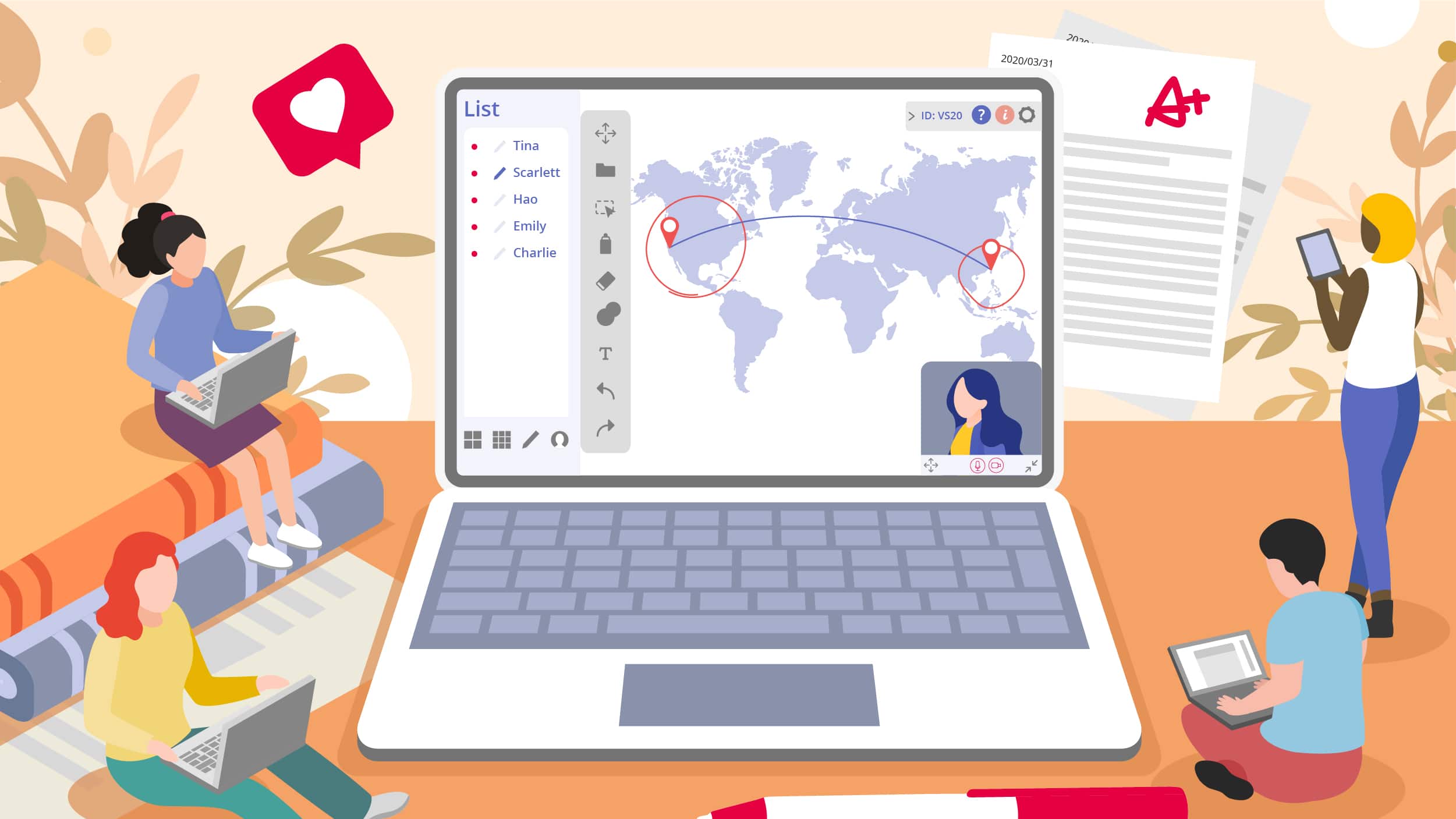An exploration of virtual education
ua-networks.com, NOV 07 2020 at 03:43 PM
The world has become increasingly more linked with the advance of technology. We now spend a significant proportion of our time online and during times such as those we now face it helps us to stay linked. There are a vast range of options open to you, whether it is watching movies, talking with friends or searching websites. This is true for schooling as well. With the opportunity to use technology to share information and expertise, it is no wonder that in the last few years , online learning has advanced dramatically within higher education. Because of the outbreak of the coronavirus, with many colleges shifting to online course offerings, we dig deeper and discuss what you can expect from online learning, including the style of teaching, the systems used and what future developments in the field might be.

One of the key issues that is frequently posed when addressing online learning is that it does not include a conventional learning environment's face-to - face interaction. There is an anxiety that this reduces the learning process’s efficacy and the retention of information. Students fear that they may not have the ability to connect with their lecturers or teachers or speak with them. It is important to note that the way the course is organized and the mode of delivery, which is typically optimized to maximize interaction and collaboration, will depend a lot. Many of the anxieties surrounding connectivity can be resolved given the major developments in streaming technology, which has allowed seamless online video, online chats and real-time interactivity.
Live streaming is one of the most common tools used to replicate the lecture and instructional experience of the real world. As well as offering instant feedback through a variety of real-time resources, you have the opportunity to communicate with both the lecturer and fellow students. Before moving on to another topic, these can be used for both evaluation and for the lecturer to gauge whether the class has grasped a concept. This has made taking a course fairly straightforward online.
In some cases, for ease of access, lectures will be registered and uploaded, so if you happen to miss attending a few or want to recap, you can catch up on all the details. Several organisations have also embraced content delivery webinar formats, which promote active participation and empower you to ask questions. With online learning, there are some popular challenges, but the majorities are fairly easy to overcome. For starters, you should try to take notes and build a positive work environment around you to enhance your focus. Maybe you have an open window and a hot drink to feel comfortable and alert, or maybe you work best outside of lectures when chatting privately with a mentor.
Overall, online learning has many positive benefits, such as working from your own room, accessibility, self-motivation, learning on the go and, of course, not having to go to college, which means more time for a power nap. Enter UA Networks to discover some of the online courses available in Europe at top institutions.







